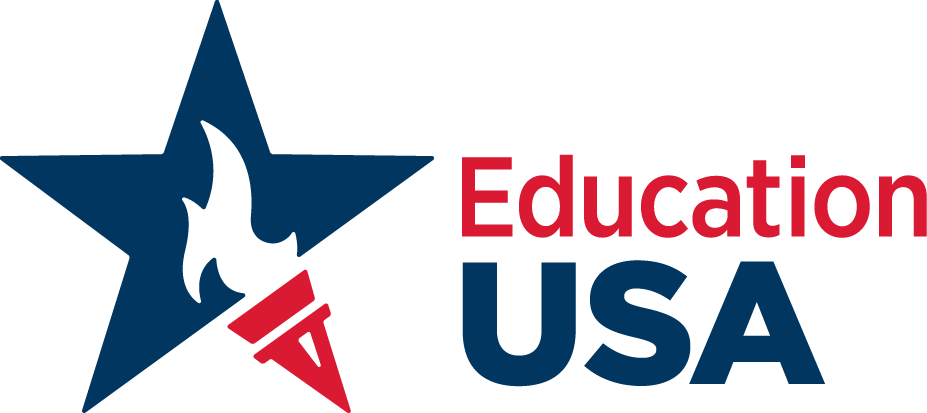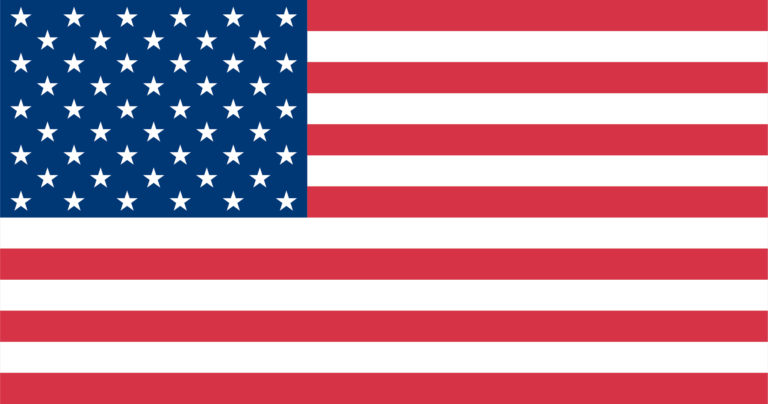A valid passport and U.S. visa are needed to enter the United States. Students and scholars generally come under the Non-Immigrant Visa Classification, “Exchange-Visitor” or “Student”. The possibility for employment is governed by the type of visa under which you enter the United States. In no case can you expect to cover all of your expenses by working while you are a student in the United States.
The basic information below is provided to help students understand the different types of visas available to them. The Commission’s staff are NOT experts in visa matters. Complete information on these visas and other visas for the U.S. should be obtained from the Consular Service of the U.S. Embassy: https://be.usembassy.gov/
To obtain a visa for study in the United States, you must apply to a U.S. embassy or consulate abroad. You must present evidence that you have been accepted as a student by a recognized U.S. school or special education program, that you have financial support adequate to cover your expenses in the United States, that you speak English well enough to carry out your educational plan, and have a valid passport. Although Belgians and Luxembourgers generally do not need a visa for a stay of up to three months in the United States, this only applies to visitors who do not intend to work or study in the U.S. If one enters without a visa, one is not allowed to prolong one’s stay, nor can one receive a student visa once in the U.S.
Types of Visa
Tourist: B-2: This visa is intended almost exclusively for those coming as tourists to the United States. It should not be used by aliens coming to do formal study programs.
Student: F1: This is the most common visa issued to foreign students engaging in academic study or language training. Their spouses and children are given the F‑2.
Student: M-1: Visa for students in vocational or other recognized nonacademic institutions. Spouses and children of the M‑1 receive the M‑2 visa.
Exchange visitor: J-1: This visa is often used by faculty and researchers but can be used by foreign students if there is special sponsorship by an American governmental agency, private organization, or university. Spouses and children of the J‑1 are given the J‑2 visa.
Obtaining your visa
Citizens of countries participating in the Visa Waiver Program (Andorra, Australia, Austria, Belgium, Brunei, Denmark, Finland, France, Germany, Iceland, Ireland, Italy, Japan, Liechtenstein, Luxembourg, Monaco, New Zealand, Norway, Portugal, San Marino, Singapore, Slovenia, Spain, Sweden, Switzerland, the Netherlands, the United Kingdom) need individual, machine-readable passports in order to travel under the VWP. Citizens of these countries traveling to the U.S. with valid non-machine-readable passports are required to apply for a “B”-visa prior to travel to the U.S. for business or tourism
Tourist: B-2
No special documentation is needed for this visa other than clear evidence that you will have sufficient funding to cover your planned length of your stay in the United States. The duration of the B‑2’s stay depends on the U.S. Citizenship and Immigration Services (USCIS). Although B‑2’s are now permitted to seek extensions of up to six months, this does require submission of a form; so they should make certain that they inform the USCIS inspector upon entry of their longest possible desired stay in the United States. Those persons expecting to change to F‑1 or M‑1 status after being admitted to an American school should make certain these plans are discussed with the American consul. Do not attempt to mislead the consul by indicating that you are only going to the U.S. on vacation if you really plan to study. The consul will likely see through your plan, and issuance of a proper student visa to you will be more difficult.
Student: F-1
F-1 visas are granted to students wishing to enter the U.S. temporarily,solely for the purpose of study. The student must be a permanent resident of a foreign country with the intention of leaving the U.S. at the end of the study period. To secure an F-1 visa, the student must present the American consul with:
1. a passport valid for the duration of the intended stay
2. a valid form I-20A-B “Certificate of Eligibility”
3. proof of sufficient funds for the duration of his/her stay in the U.S.
The student may also be asked to provide proof of language proficiency.
The I‑20A-B is sent to the student by a U.S. institution that considers the student qualified for a full course of study. The form includes a statement from the institution that they have determined the student to have made financial arrangements for the cost of his/her study during the first academic year and that the student has the appropriate language proficiency. The American consul requires the student to complete page 2 of the I-20 form on which the student is asked to agree to certain obligations:
1. to enter or remain temporarily in the U.S. for the sole purpose of pursuing a full course of study in the school named on page 1.
2. to support himself financially for the entire period of study.
F-1 Employment Regulations: Students with F-1 visas may be able to obtain authorization for employment off-campus, on-campus, or as practical training by contacting the Foreign Student Advisor on their campus.
– Off-Campus : An F-1 student is eligible for off-campus employment without prior approval from the USCIS provided that the student is in good academic standing and has been in F-1 status for 1 full academic year. The student may work a maximum of 20 hours per week while school is in session and full time when school is out of session.
– On-Campus : An F-1 student may accept employment at the institution he or she is authorized to attend with approval from the USCIS, provided the student is enrolled in a full course of study and the employment will not displace a U.S. resident. On-campus work is limited to 20 hours per week while school is in session, but may be extended to full time during vacation periods for students who are eligible and intend to register for the subsequent academic term.
– Practical Training : An F-1 student may be eligible to engage in temporary employment for practical training in his or her field of study both before and after completion of studies. Students in Intensive English programs are not eligible. Students enrolled in college, university, conservatory, or seminary whose training is an “integral part of the established curriculum” may apply for practical training authorization for training before completion of study. Practical training after completion of study is granted for a maximum of 12 consecutive months. Employment both before and after completion of studies must be related to the field of study.
F-2 Spouse Employment: Individuals in F-2 status (spouses of F-1 students) may not accept employment or engage in business under any circumstances.
Student M-1
An alien wishing to obtain an M-1 visa must present a valid passport, a form I- 20M- N “Certificate of Eligibility”, and proof of sufficient funds for the duration of this stay. For an M-1 student, the initial period of stay may not exceed one year. Extensions may be granted in increments not exceeding one year. M-1 students may not change educational objectives (nor field of study).
The I-20 is sent to the student by a U.S. institution that considers him qualified for a full course of study. On page 1 of this form, the institution must indicate that it has determined that the student has made arrangements to have adequate financing for all of his study costs during his first year and that the student has the appropriate proficiency in English. The American consul requires the student to complete page 2 of the I- 20M- N on which the student is asked to agree to certain obligations:
1. to enter or remain temporarily in the U.S. for the purpose of undertaking the vocational or technical course of study.
2. to support himself financially for the entire period of study.
M-1 Employment Regulations: An M-1 student may not accept employment or engage in business except for practical training, and then only with USCIS approval.
– Practical Training: Upon completion of courses permission may be granted to an M-1 student for only one period of time equal to one month for each 4 months during which the M-1 student pursued a full course of study up to a maximum of six months. It should be noted that permission is not automatically granted.
M-2 Spouse Employment: Individuals holding M-2 status (spouses of M-1 students) may not accept employment or engage in business under any circumstances.
Exchange visitor J-1
In order to obtain the visa, the alien must present to the American consul a valid passport with a valid form DS-2019 which is obtainable only from those organizations and institutions in the United States specifically authorized under the Exchange Visitor Program.
After the visa has been issued, the alien will be given back the DS-2019 to present at the port of entry after he/ she has completed and signed page 2 on which he/ she agrees to certain conditions:
1. His/ her purpose in the U.S. is to remain temporarily to pursue an academic degree or other clear educational objective.
2. 2. He/ she may engage only in those activities described on the DS-2019 unless there are compelling reasons to modify the nature of the original program. If the Exchange Visitor wishes to pursue educational objectives at another educational institution, he/ she must secure approval of this from the initial visa sponsor and USCIS.
3. The Exchange Visitor who is a student may seek extensions of stay as long as necessary to complete his/ her academic objectives as long as he/ she is making good progress toward those objectives.
4. The Exchange Visitor, whose travel or stay is financed in whole or in part, directly or indirectly, by an agency of the U.S. Government, or an international organization, may not change the J visa status to another nonimmigrant category (except to A or G at the request of an interested foreign government), nor may he/ she adjust status to that of permanent resident without first returning to the country of citizenship or permanent residence for two years.Waivers of this so- called “Foreign residence requirement” are difficult to obtain.
J-1 Employment Regulations: A person on a J-1 visa may engage in that employment specified on the DS-2019 as part of his/ her program. If enrolled in a full course of study, he/ she may request work authorization, either on-campus or off-campus, from the visa sponsor.There must be a clear need for such employment and the sponsor must not foresee the work as being likely to interfere with the educational objectives being pursued. No authorization is needed by USCIS.
Academic Training: J‑1s are subject to essentially the same conditions of elibility for practical training as F‑1s (see above). It should be noted that J‑1s are eligible for 18 months of practical training after the student has completed the degree or certificate.
J-2 Spouse Employment: The J‑2 spouse of a J‑1 may request permission from USCIS to accept employment if it can be demonstrated that the financial resources of the J‑1 are inadequate to cover essential costs of the J‑2 and any children. The money earned by the J‑2 spouse may not be intended for the purpose of assisting the J‑1 in meeting his costs. Any request by the J‑2 spouse for employment permission should include a complete budget with a statement of income and expenses of husband, wife and any children. Such a request should be submitted to Immigration with the spouse’s I‑94 and a copy of the J‑1’s DS-2019.
Further information on visas is available at:
U.S. Embassy to Belgium
Regentlaan 27 Boulevard du Régent
B-1000 Brussels
https://be.usembassy.gov
U.S. Embassy to Luxembourg
The Consular Section
22 Boulevard Emmanuel Servais
L-2535 Luxembourg
https://lu.usembassy.gov/


